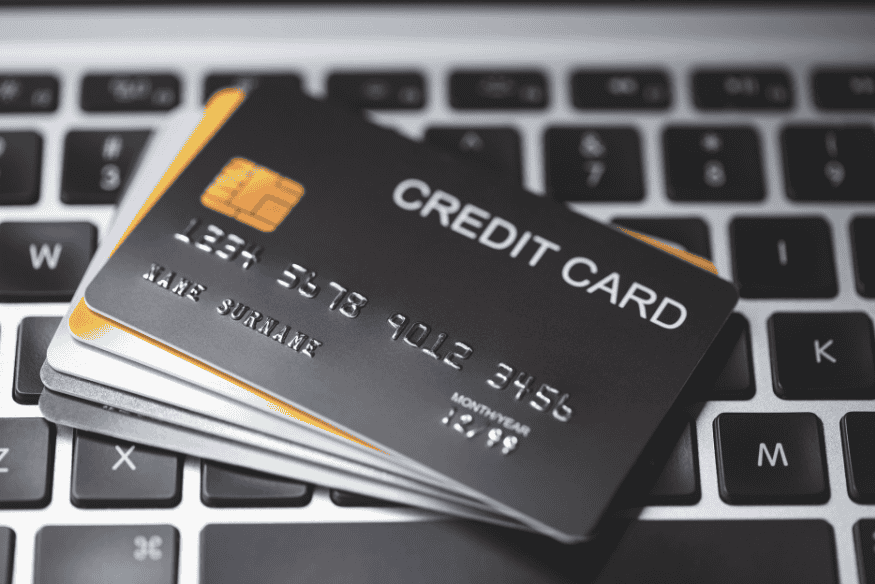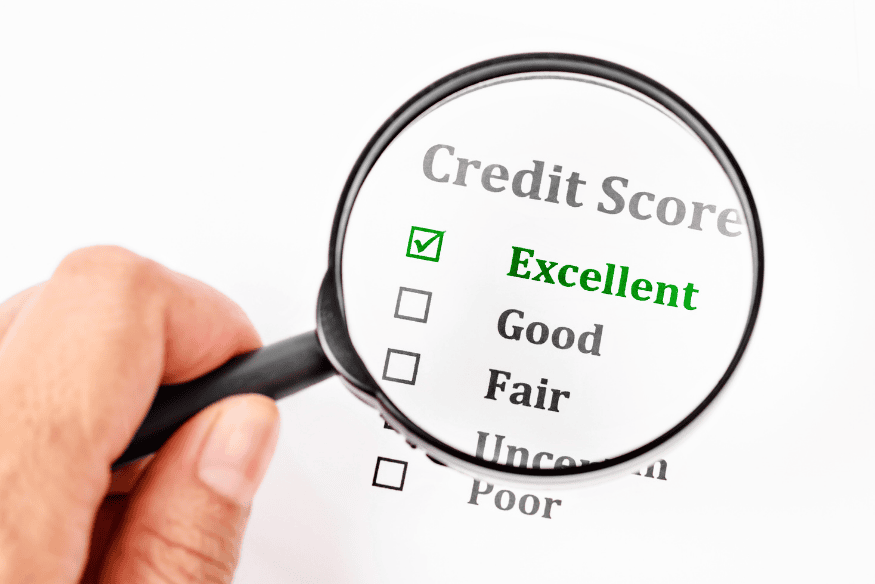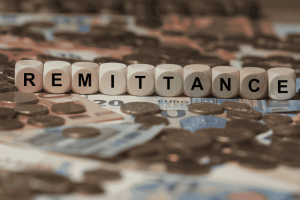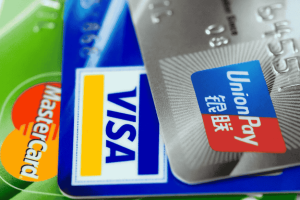A credit card is a powerful financial tool when used responsibly. It can help you build a strong credit history, improve your credit score, and provide financial flexibility. However, misusing a credit card can lead to debt and long-term financial struggles. Understanding the right way to use a credit card ensures you gain the benefits while avoiding common pitfalls.
In this guide, we’ll explore smart credit card habits to help you build credit the right way.
1. Understand How Credit Works

Before using a credit card, it’s essential to understand how credit affects your financial health. Your credit score is determined by several factors, including payment history, credit utilization, account age, types of credit, and new credit inquiries.
Key Credit Score Factors:
- Payment history (35%) – On-time payments improve your score, while late payments damage it.
- Credit utilization (30%) – Using too much of your credit limit can lower your score.
- Length of credit history (15%) – The longer your credit history, the better your score.
- Types of credit (10%) – Having a mix of credit accounts (loans, credit cards) helps.
- New credit inquiries (10%) – Applying for multiple credit cards in a short time can hurt your score.
By managing these factors well, you can build and maintain a strong credit profile.
2. Pay Your Bill on Time, Every Time
Your payment history is the most significant factor in your credit score. Missing even one payment can damage your score and lead to late fees.
Best Practices:
- Set up automatic payments to ensure you never miss a due date.
- Use reminders or calendar alerts to track your payment schedule.
- Pay at least the minimum amount to avoid penalties, but paying in full is ideal to avoid interest charges.
On-time payments help build trust with lenders and improve your creditworthiness over time.
3. Keep Your Credit Utilization Low
Credit utilization refers to the amount of credit you’re using compared to your total credit limit. Keeping utilization below 30% is ideal for maintaining a healthy credit score.
How to Manage Credit Utilization:
- Spread purchases across multiple credit cards to keep individual utilization low.
- Make multiple payments throughout the month to keep balances lower.
- Request a credit limit increase to reduce your utilization ratio without changing your spending habits.
A lower utilization rate signals to lenders that you are responsible with credit.
4. Start with a Secured Credit Card (If Necessary)
If you’re new to credit, a secured credit card can be a great way to build your score. These cards require a refundable security deposit and function like regular credit cards.
Why Use a Secured Card?
- Easier approval for those with no or low credit.
- Helps establish a positive payment history.
- Some banks convert secured cards into unsecured cards after responsible use.
After a few months of responsible use, you may qualify for better credit card options.
5. Avoid Carrying a Balance
Some believe that carrying a balance helps their credit score—it doesn’t. Interest charges on unpaid balances can quickly add up, leading to debt.
How to Avoid Interest Charges:
- Pay your full balance each month.
- If you must carry a balance, pay more than the minimum to reduce interest costs.
- Use a 0% APR card for large purchases but ensure you pay it off before the promotional period ends.
By avoiding unnecessary debt, you can keep your finances healthy.
6. Limit New Credit Applications

Each time you apply for a new credit card, a hard inquiry appears on your credit report, which can slightly lower your score.
When to Apply for a New Card:
- Only when necessary and not too frequently.
- When you want better rewards or lower interest rates.
- If you need to increase your total available credit to lower utilization.
Spreading out credit applications ensures minimal impact on your score.
7. Take Advantage of Credit Card Rewards Wisely
Many credit cards offer cashback, travel points, and discounts, but failing to use them effectively can mean missed opportunities.
Smart Ways to Use Rewards:
- Choose a card that matches your spending habits (e.g., cashback on groceries, travel miles, etc.).
- Redeem rewards before they expire.
- Avoid overspending just to earn rewards, as interest can outweigh the benefits.
Used correctly, rewards can provide valuable savings over time.
8. Monitor Your Credit Report Regularly
Errors on your credit report can negatively impact your score. Checking your report ensures accuracy and helps detect fraud early.
How to Monitor Your Credit:
- Use free credit report services from banks or credit bureaus.
- Look for errors or fraudulent accounts and dispute them immediately.
- Track your credit score to measure progress and identify improvement areas.
Regular monitoring helps you stay informed about your credit health.
9. Keep Old Credit Accounts Open
The length of your credit history plays a role in your credit score. Closing old accounts can reduce your credit age and increase your credit utilization ratio.
When to Keep an Old Card Open:
- If it has no annual fee, keep it active with occasional purchases.
- If it provides valuable perks, such as cashback or discounts.
- If closing it would raise your credit utilization significantly.
Maintaining older accounts helps build a solid credit foundation.
10. Use Credit Cards for Essential Purchases Only
While credit cards offer convenience, using them excessively for non-essential items can lead to overspending and financial strain.
Smart Spending Habits:
- Use your card for fixed expenses like bills, groceries, and gas.
- Avoid impulse purchases or luxury items you can’t afford to pay off immediately.
- Stick to a budget and track your spending.
Using your credit card wisely ensures you stay in control of your finances.
Conclusion

Building credit the right way requires discipline and smart financial habits. By making on-time payments, keeping utilization low, and monitoring your credit, you can establish a strong credit history and maximize the benefits of credit cards.
Following these best practices will help you achieve financial security and open doors to better financial opportunities in the future.









